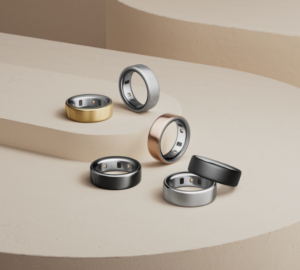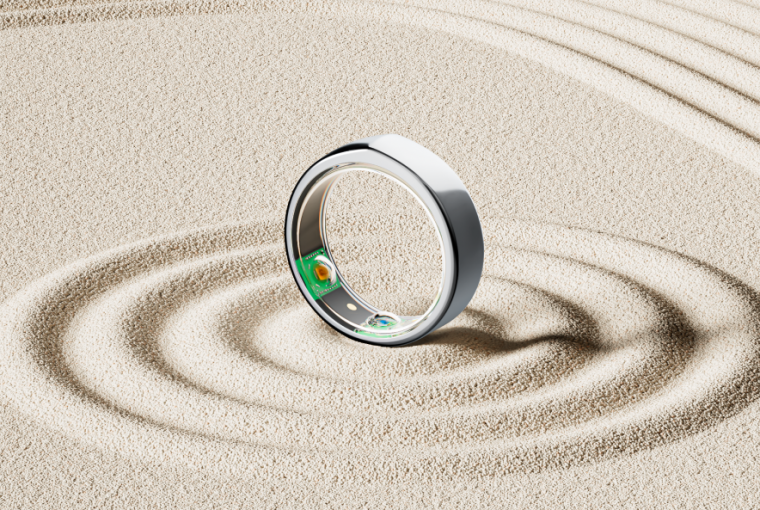“Wearables have fueled an explosion of unprecedented personal health data. Many device owners are eager to tap into this data to personalize their health decisions, however, it’s not always clear how to uncover actionable insights.” – Jason Jin, principal investigator
—
In 2019, Jason Jin of Bioloop Sleep, and researchers at the Delano Lab at Swarthmore College began an IRB-approved study that used Oura Ring to investigate whether individualized sleep data can be leveraged to personalize health recommendations.
The research team developed a platform to empower individuals to conduct their own mini-experiments, known as “n-of-1 trials,” to understand their individual health needs and discover if common health and wellness practices actually work for them.
Individuals were assigned everything from meditation to supplementing magnesium, to drinking chamomile tea before bed. Results revealed that individuals have the power to discover the impact of their habits on their health: 30%+ of these n-of-1 experiments had statistically significant findings that could signal whether removing or keeping a new habit impacts a particular health variable, such as sleep quality.
What Was The Experiment?
Individuals signed up for the Bioloop platform by taking a short quiz on their existing habits. For the duration of the study (up to a month), they received personalized “new habit” recommendations they could try along with daily reminders to help guide them. Participants were able to view their progress and analyze the impact of their new habits along the way.
What Were The Results?
Although the final results are still being written up for publication, the team has shared initial findings on one of the habits they investigated, meditation.
Meditation has gained popularity for helping many individuals reduce sleep latency (the time it takes to fall asleep), but, on the other hand, there are many who do not experience these benefits. [1]
So, how can someone decide if it works for them? The researchers helped individuals analyze how their sleep quality, measured by the Oura Ring, changed on nights where they meditated vs. nights where they abstained.
Here’s what they found.
Even 5 Minutes Can Make a Difference
Below are the results from one individual who began meditating for 5 minutes a night before bed. As a result, they fell asleep faster and achieved more deep sleep, as measured by the Oura Ring. The platform provides an effect score, to help interpret the effect a particular habit had. In the results section, you can view the breakdown of the effects on particular variables, such as sleep efficiency, sleep onset, or deep sleep.
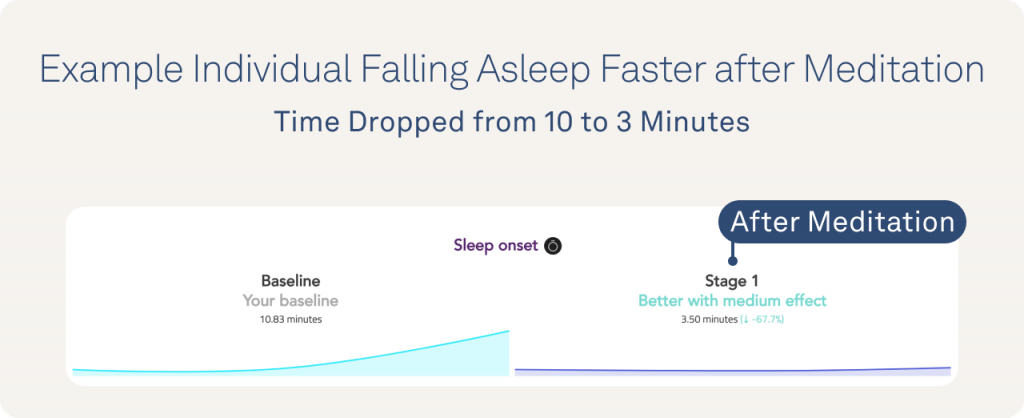
You can check out the individual’s meditation experiment here.
Everyone Is Different
Looking at the same 5-minute meditation practice across a larger group highlighted how stark the differences between individuals can be.
While some individuals appeared to benefit from meditation (participant #1) and had a sharp improvement in sleep on days they meditated, some experienced no change (participant #2) or even opposite outcomes (participant #3).
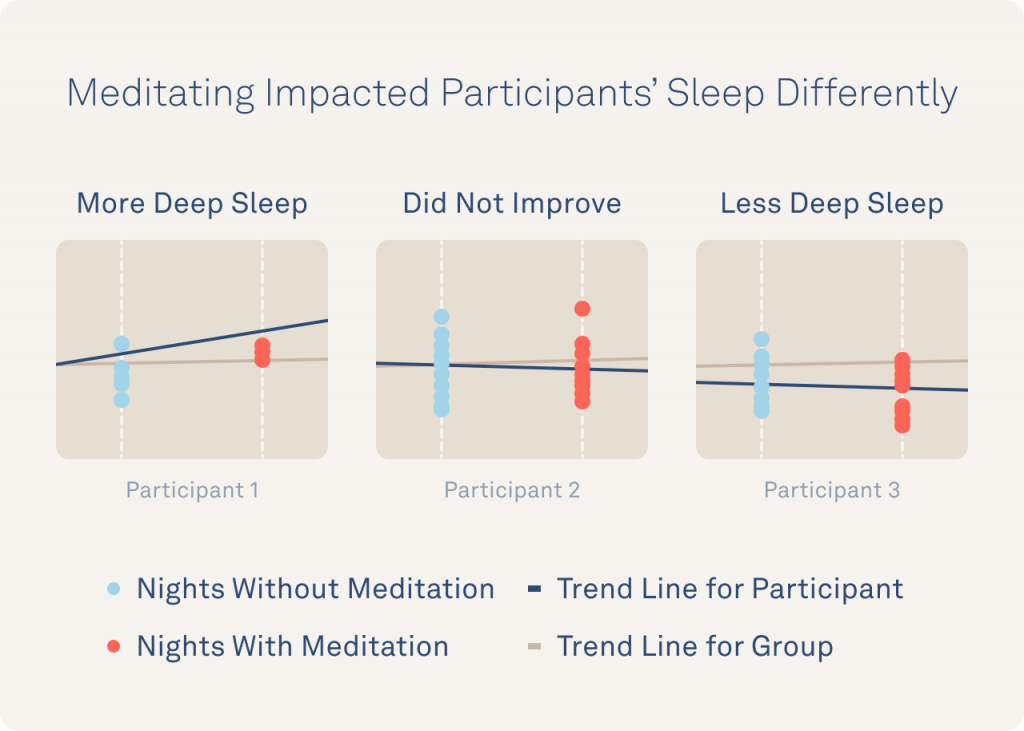
Not All Tricks Work
Similarly, some research studies have indicated playing pink noise during sleep can potentially consolidate your sleep and improve deep sleep [1]. Within a cohort of participants in the Swarthmore study that tested pink noise, they found that while a few participants saw improvements from deep sleep (participant #1), for most people, it had little to no effect on deep sleep duration, as measured by Oura (participant #2).
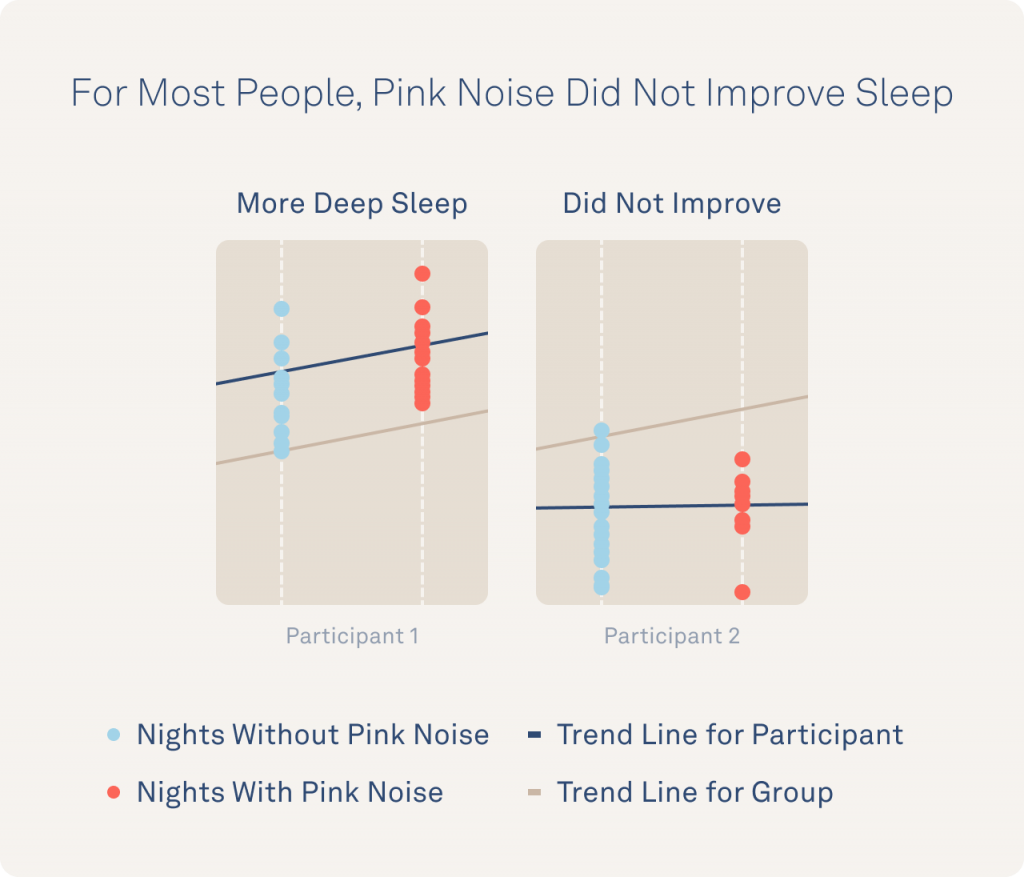
Why Personalized Data Matters
Every day, millions of people are taking medications that will have no impact on their health. In the United States alone, the highest grossing drugs only help between 1 in 25 and 1 in 4 of the people who take them [2].
While shocking as a statistic, this phenomenon does not come as a surprise to most people — we all know that we each have unique needs and responses and thus require different approaches to improving our health. More physicians and researchers now realize there is a need for more precise and effective, and personalized treatments.
To enable precision healthcare requires a different type of clinical trial that focuses on the individual, not average responses to treatment.
This type of research has been historically difficult to conduct due to administrative overhead, but widely available and personalized devices like Oura are opening up the research possibilities.
What’s Next?
Bioloop Sleep hopes to leverage the results of this study to eventually forecast individual responses to different exercises and habits.
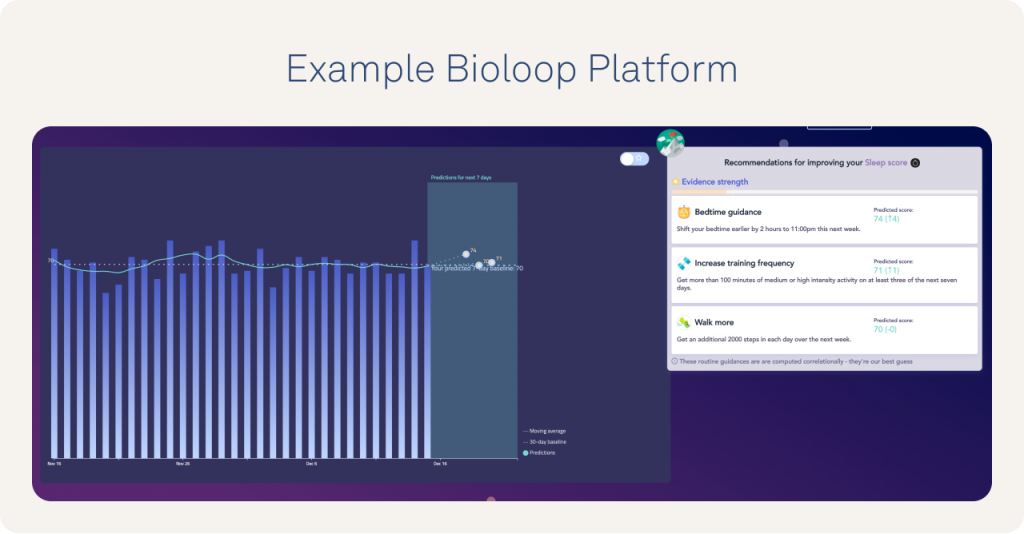
The Swarthmore lab is in the process of writing up their findings for publication and hope that the statistical methods they have developed for analyzing individuals will eventually enable personalized treatment response predictions. These findings support a future where it’s not only easier for academics and physicians to conduct research but also easier for us to better tailor treatments and health recommendations to fit our personal needs.
Researcher Bio
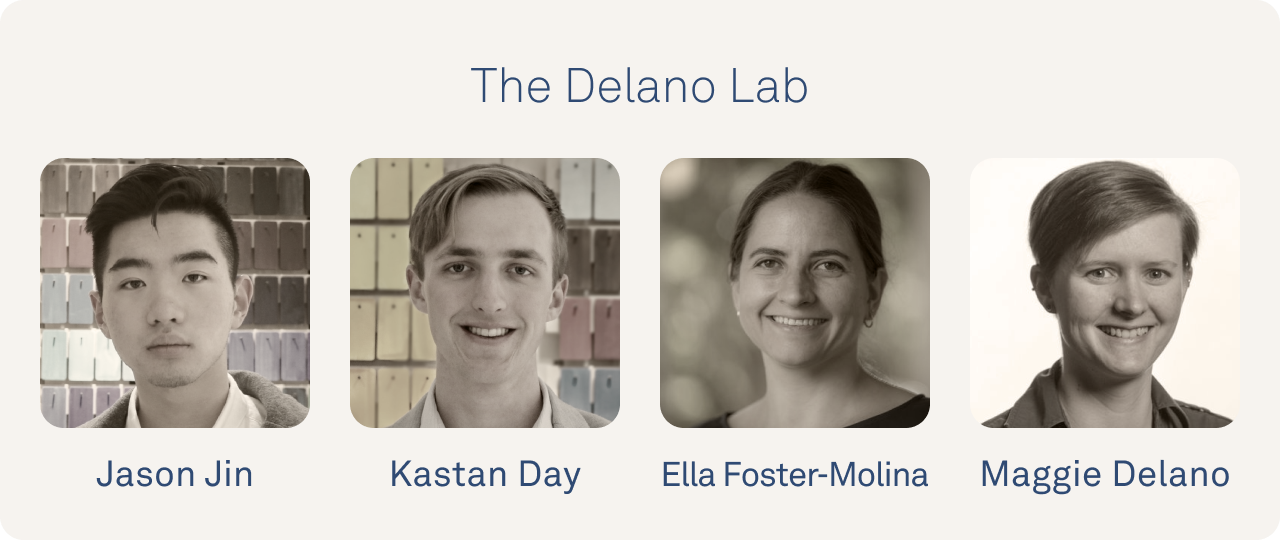
Jason Jin is the principal investigator of this research project. Having dealt with sleep challenges for years, and inspired by the findings of his Swarthmore research, he founded the company Bioloop Sleep: a personalized 1-on-1 sleep coaching app that leverages wearable devices to provide a data-driven, personalized plan for sleep improvement.
He hopes to empower more individuals with actionable insights into their health, beginning with one of its key pillars — sleep.
References
[1] Ong, J., & Sholtes, D. (2010). A mindfulness-based approach to the treatment of insomnia. Journal of clinical psychology, 66(11), 1175–1184. https://doi.org/10.1002/jclp.20736
[2] Mukherjee, D., & Topol, E. J. (2002). Pharmacogenomics in cardiovascular diseases. Progress in cardiovascular diseases, 44(6), 479–498. https://doi.org/10.1053/pcad.2002.123467



